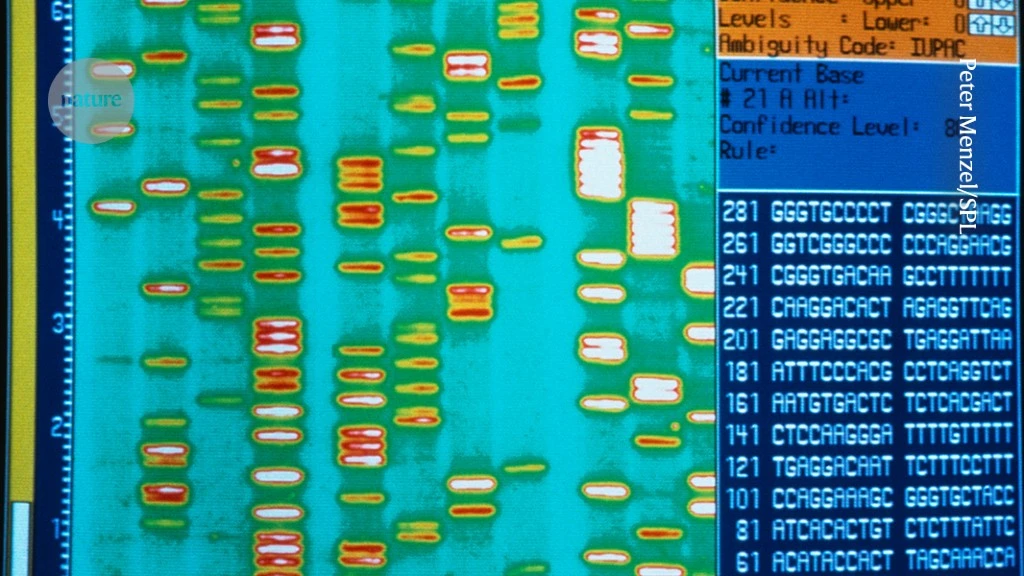It’s time to admit that genes are not the blueprint for life
It’s time to admit that genes are not the blueprint for life

www.nature.com
It’s time to admit that genes are not the blueprint for life

Review of 2023 book: How Life Works: A User’s Guide to the New Biology Philip Ball. ISBN9781529095999
